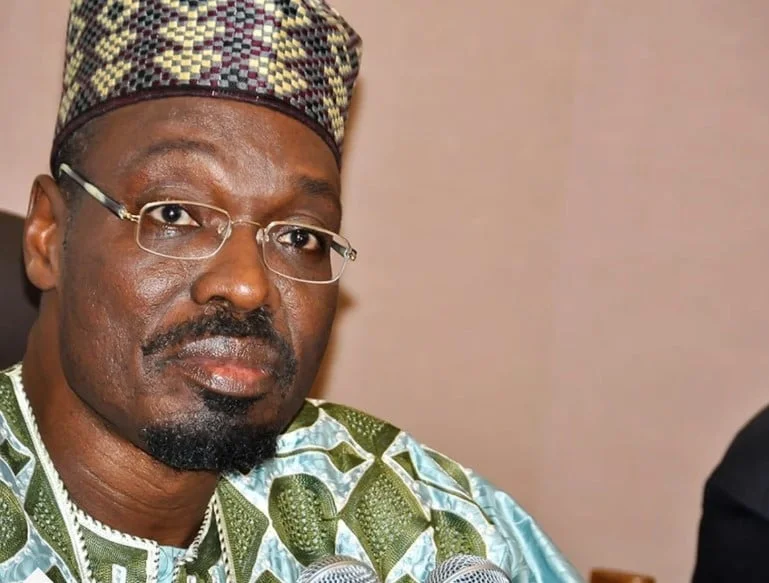Cameroon is steeped in uncertainty as it awaits the Constitutional Council’s announcement of presidential election results on Thursday, October 23, 2025.
The delay, pushed from an earlier date, follows the October 12 vote and has heightened public unease. Competing victory claims from candidates are stirring fears of potential unrest across the Central African nation.
The race featured 92-year-old President Paul Biya, in power for 43 years, against challengers like Issa Tchiroma Bakary of the Cameroon National Salvation Front (FSNC).
Biya’s long tenure has faced accusations of heavy-handed governance, while Tchiroma, a former ally turned rival, campaigns for change. The single-round election, where the highest vote-getter wins, raises the stakes for all involved.
Candidates Stake Claims
Issa Tchiroma, 79, declared himself the winner on October 14 via social media from Garoua, his northern stronghold. In a brief address, he claimed polling station data showed him leading significantly.
“The people’s choice is clear, and it must be respected,” he said, rallying his supporters and opposition allies. His coalition, blending civic groups and smaller parties, has energized calls for reform.
Biya’s Cameroon People’s Democratic Movement (CPDM) dismissed Tchiroma’s claim as reckless, insisting only the Constitutional Council can declare results.
Interior Minister Paul Atanga Nji had warned pre-election that such declarations could be deemed treasonous. Tchiroma, undeterred, vowed to stand firm, citing faith and public support as his shield against threats.
The dueling narratives have split public sentiment, with Tchiroma’s followers hailing his boldness and Biya’s base defending the official process. Social media buzzes with debates, amplifying the risk of protests as the announcement nears.
Tchiroma’s Appeals
On Monday, Tchiroma directly urged Biya to step down honorably, warning that rigging the vote would stain his legacy. “After 43 years, let the people’s will prevail,” he said, cautioning against actions that could spark conflict.
He also called on neighbors Nigeria and Chad, plus the African Union, European Union, United Nations, France, and the United States, to speak out. “Your voices can preserve peace,” he urged, seeking global pressure to ensure fairness.
This appeal aims to leverage international scrutiny, a tactic seen in past African elections. With Cameroon already grappling with separatist violence in its Anglophone regions, Tchiroma’s call underscores the need for stability.
Vote Verification Ongoing
The National Vote Counting Commission is meticulously tallying ballots, a prerequisite for the Council’s final ruling by October 26. Despite legal requirements for polling station transparency, only the Council certifies the winner.
With 8 million voters and multiple candidates, the process is complex, and Biya’s party holds significant influence.
Sporadic protests in cities like Douala signal public frustration over alleged irregularities. Security forces have intervened, but tensions persist. Other opposition voices echo fraud concerns, though Tchiroma’s claims dominate.
What Lies Ahead
Cameroon’s fragility, worsened by the Anglophone crisis, makes this election pivotal. A Biya victory could trigger protests; a Tchiroma win might unsettle elites.
The Council, often seen as government-aligned, faces pressure to act impartially. Observers from the AU and EU noted procedural issues but no major violence.
Tchiroma’s shift from Biya loyalist to challenger marks a bold pivot, fueled by anti-corruption rhetoric. As Thursday looms, Cameroon braces for a decision that could either deepen divisions or chart a new path, with peace hanging in the balance.




















